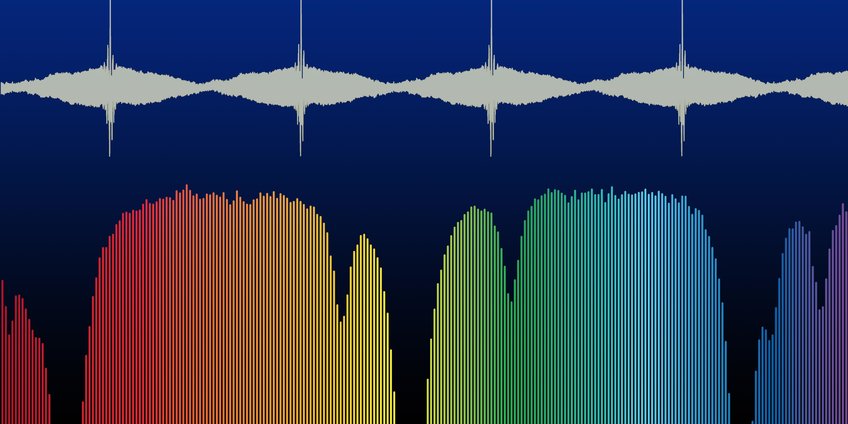
Laser Spectroscopy
Head of Group: Prof. Dr. Theodor W. Hänsch
The group Laser Spectroscopy of Professor T.W. Hänsch at the Max Planck Institute of Quantum Optics explores new insights in atomic, molecular and optical fundamental physics with advancing tools of laser science, nonlinear optics and photonics. Current research ranges from tests of fundamental physics laws to nanoscopy of condensed matter quantum systems. The research in the Laser Spectroscopy Group is mainly organized along four principal lines: precision spectroscopy of simple atomic systems; molecular spectroscopy and imaging with laser frequency combs, quantum optics with optical micro-cavities, and experimental quantum physics with entangled photons.
Precision laser spectroscopy of simple atoms permits unique confrontations between experiment and quantum electrodynamic (QED) theory. Frequency measurements of the hydrogen 1S-2S resonance have reached a precision of 15 decimal digits with state-of-the-art tools including the frequency comb technique. Comparisons with additional transitions in hydrogen yield the charge radius of the proton, which still presents presents an unsolved puzzle. With the development of laser frequency combs in the extreme ultraviolet, trapped hydrogen- or helium-like ions will expand sensitive tests of QED theory.

Laser frequency combs open up new opportunities for highly-multiplexed linear and nonlinear spectroscopy and imaging. The improvement in recording speed and resolution of spectrometers and their combination with advanced laser and photonic technologies, such as plasmonics or silicon photonics, stimulates new applications as diverse as microscopy of biological samples or broadband precision spectroscopy of molecules.
Cavity quantum electro-dynamics with solid-state emitters and novel schemes for cavity-enhanced microscopy and spectroscopy of individual nano-scale objects, including carbon nanotubes and gold nanoparticles, are explored with powerful photonic devices such as optical microcavities.
The associated group of Max Planck Fellow Prof. Harald Weinfurter develops experiments on the foundations of quantum physics and their applications in quantum communication and information processing, such as entanglement based microscopy, long-distance quantum cryptography, quantum key distribution, or single photon generation.
One independent ERC research groups is currently affiliated with the Division: the group “Antimatter Spectroscopy” of Dr. Masaki Hori. More information about his and about the other independent research groups can be found here.

